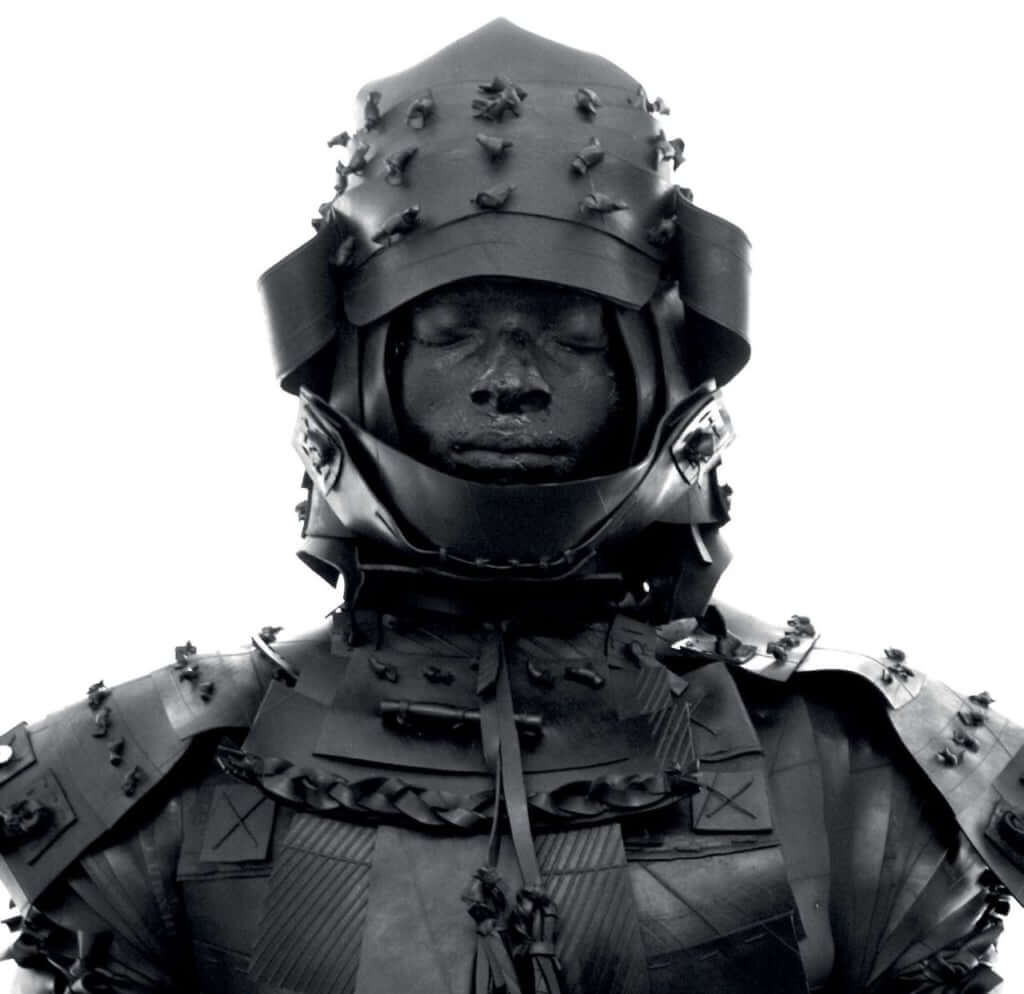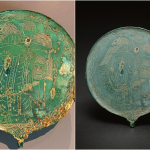Yasuke: A 16th-century African Slave Who Became a Revered Samurai in Japan

In the annals of history, there are tales that defy convention, stories that challenge our understanding of the world and the people who inhabit it. One such narrative is that of Yasuke, a towering African man who traversed continents and cultures to become the first foreign-born samurai in Japan during the late 16th century.
Yasuke’s journey began in Mozambique, where he was born into slavery. His early years were shrouded in obscurity, his fate seemingly sealed by the circumstances of his birth. Yet fate had other plans for him, as he was destined to embark on a remarkable odyssey that would bring him to the shores of Japan.
It was in 1579 that Yasuke arrived in Japan, a land steeped in tradition and governed by strict social hierarchies. His arrival caused a stir among the populace, for never before had they seen someone like him – a man of imposing stature with skin the color of midnight. To the Japanese, Yasuke’s appearance was as enigmatic as it was intriguing, prompting whispers of speculation and awe.

Among those who were captivated by Yasuke’s presence was Oda Nobunaga, one of the most powerful warlords in Japan at the time. Nobunaga, known for his shrewd intellect and unyielding ambition, saw in Yasuke not just a curiosity, but a potential asset. In a bold move that defied convention, Nobunaga extended an offer of employment to Yasuke, inviting him to join his retinue as a samurai warrior.
The initial encounter between Yasuke and Nobunaga is shrouded in legend, with tales recounting how the warlord, upon seeing Yasuke’s dark skin, ordered his servants to scrub away what he believed to be “black ink.” Whether true or embellished, this anecdote underscores the novelty of Yasuke’s presence in a society that had long been insulated from the outside world.
Despite the initial skepticism and curiosity surrounding him, Yasuke quickly proved himself to be more than a mere novelty. With his towering presence and unwavering loyalty, he earned the respect and admiration of his peers, carving out a place for himself in the ranks of the samurai.
Under Nobunaga’s command, Yasuke distinguished himself in battle, demonstrating courage and skill on the battlefield. He fought alongside his fellow samurai in fierce conflicts, his prowess with the katana earning him a reputation as a formidable warrior.

Yet Yasuke’s journey was not without its challenges. As a foreigner in a land bound by tradition, he faced prejudice and discrimination from those who viewed him as an outsider. Despite these obstacles, Yasuke remained steadfast in his dedication to Nobunaga, proving time and again that his loyalty knew no bounds.
Over time, Yasuke’s influence within Nobunaga’s inner circle grew, as did his stature within Japanese society. He went from being a curiosity to being regarded as a valued member of the elite, a testament to his resilience and determination in the face of adversity.
Yasuke’s time in Japan was not to last, however, as tragedy would ultimately cut short his remarkable journey. In 1582, Nobunaga fell victim to treachery, his life cut short in a coup orchestrated by one of his own generals. With Nobunaga’s death, Yasuke found himself adrift in a world that had been irrevocably altered.

In the years that followed, Yasuke’s fate fades into obscurity, his story relegated to the annals of history. Yet his legacy endures as a testament to the enduring power of the human spirit, a reminder that greatness knows no boundaries of race or nationality.
In the centuries since Yasuke’s time, his story has been retold and reimagined, inspiring countless works of fiction and scholarship. Yet amidst the embellishments and interpretations, one fact remains clear: Yasuke, the African samurai, stands as a symbol of resilience, courage, and the unbreakable bond between master and retainer in feudal Japan.









